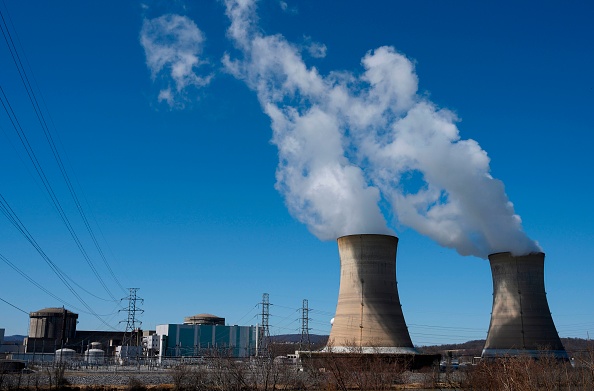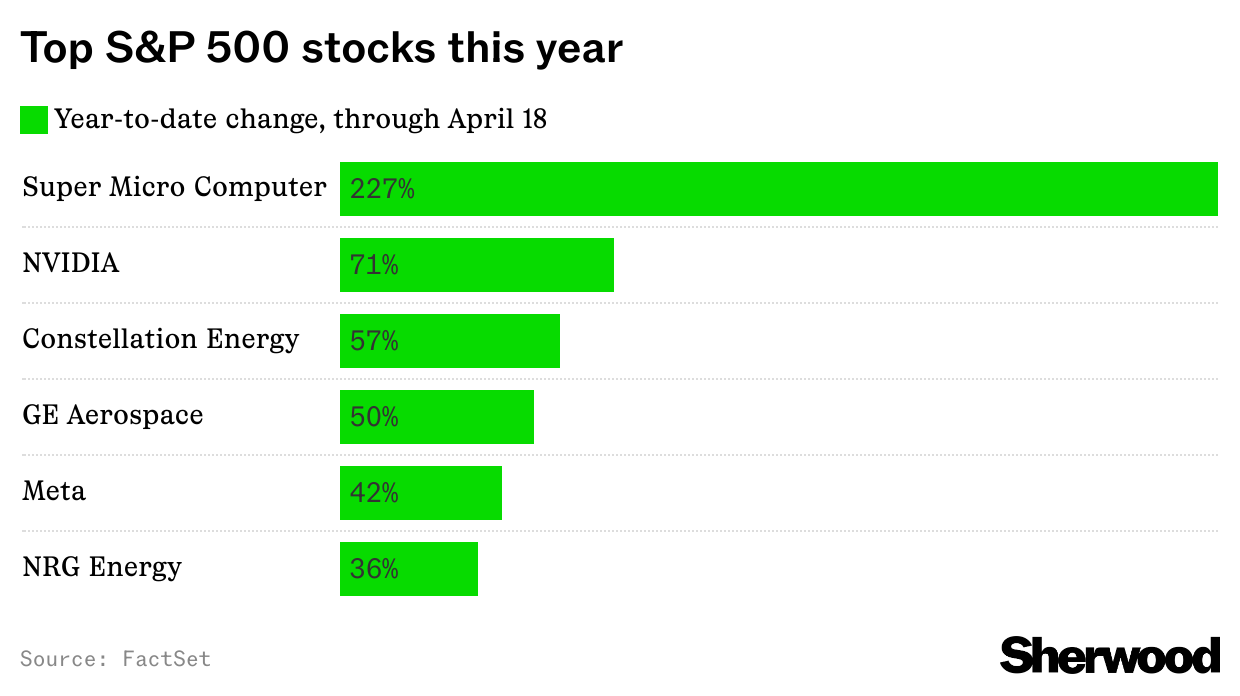Hey Snackers,
It’s so wrong it just might be right: Taco Bell is testing a new tostada — on a huge Cheez-It. The Doritos taco shell is feeling jelly…
Stocks barely budged yesterday after news that the US economy shrank 1.6% in the first quarter. Recession worries were already high, and that headline wasn’t inspiring. Bitcoin briefly dipped below $20K again as the crypto selloff continued.
D2D
As carmakers like Ford shift to selling directly to drivers, dealerships may lose the steering wheel
“What can I do to get you in this F-150?”… Ship it to me. Car dealers fear their biz model may disappear as auto giants like Ford sell more cars directly to buyers — and cut out the dealerships who make money as go-betweens. This week Ford CEO Jim Farley met with 300 dealers to cool their concerns.
- Ford wants to sell 100% online: what Farley told investors this month. The goal: save $$. Farley said Tesla’s direct sales model (think: Tesla stores) saves corporate $2K/car.
- Bye, “sell, sell, sell”... hi, “service, service, service.” Farley says dealers will still play an important role in the car game — but more as service providers, less as salespeople.
Separation of car and dealer… the auto industry’s equivalent of separation of church and state. For decades, “franchise laws” have forced automakers to sell cars through third-party dealers for antitrust reasons. But since 2013, Tesla has gotten several states to pass special laws that allow direct EV sales, sidestepping intermediaries.
It takes time to ditch old models… and dealers may not go down quietly. By 2030, auto execs expect that half of cars sold in the US will be EVs — and they’re betting direct sales will be an important channel. But unlike Tesla, legacy automakers like Ford and GM have to manage disgruntled dealers as they transition to direct sales. Pricey lawsuits could pile up, especially if big retailers like AutoNation and Penske, which own thousands of dealerships, get involved.
Catsup
Heinz is pulling its famous condiments from the UK's largest grocery chain as price wars escalate overseas
Ketchup in aisle three… or not. Yesterday, Kraft Heinz said it would temporarily stop supplying Tesco — the UK’s largest grocery chain — with its signature Heinz pantry products (think: ketchup, baked beans). There’s beef: Heinz wants to hike its prices to cover rising costs, but Tesco wants to keep prices attractive for its customers. Long story short: they couldn’t agree.
- Price-sensitive: In 2016, Tesco briefly removed some Unilever products from its website after the Dove parent tried to hike some of its prices by 10%.
- Tooth-sensitive: In February, Tesco blamed “short supply” for why Colgate’s toothpaste products weren’t in stock. But analysts say it was over pricing disagreements.
Don’t spill the tea… It costs a small fortune. Across Europe, consumer prices are hitting records as households struggle to afford everything from energy bills to cereal. Last month, nearly half of adults in the UK cut back on supermarket shopping, and it’s starting to happen in the US too. But grocery chains across the pond are taking different approaches:
- In the US, where food spending has remained relatively stable, grocery chains aren’t doing much to keep prices in check. Instead, we’re seeing smaller Doritos and Fruity Pebbles packages as food giants #shrinkflate to avoid higher price tags — or use creative ways to sell the same products at a premium.
- In Europe: Grocery chains like France’s Leclerc are taking on extra costs to “price shield” hundreds of popular products (think: pizza, pasta) so that customers keep spending.
Inflation has “checks and balances”… Price hikes allow food companies like Heinz to offset rising costs while keeping staples on the shelves. But by not accepting higher prices, grocery stores can keep shoppers spending and prevent them from turning to rivals. These checks and balances could help lower inflation — but a lot more checking will be required.
What else we’re Snackin’
- Ticked: A lone FCC commissioner asked Apple and Google to pull TikTok from their app stores over privacy concerns. But the FCC doesn't regulate app stores (awk), so it may be more bark than bite.
- Crunched: General Mills stock popped 6% after the cereal legend beat earnings expectations. 'Flation-weary consumers weren't celebrating, though, since the lucky charm behind higher sales was higher prices.
- Swiped: Snap unveiled a $4/month subscription plan, offering perks for Snap-fluencer fans. Diversification's the name of the game, but the fresh $$ likely won't make up for ghosted ad revenue.
- Sad: Tech companies are no longer the only ones cutting back in a slowing economy: pharma behemoth Novartis plans to cut 8K jobs to save $1B, while Tesla’s layoffs reportedly continue.
- Chilly: Crypto exchange CoinFlex accused bitcoin evangelist Roger Ver (aka "Bitcoin Jesus") of failing to pay $47M of stablecoin debt. CoinFlex recently paused customer withdrawals as crypto winter's chill hit.
Thursday
- Jobless claims
- Earnings expected from Micron Technology, Constellation Brands, Walgreens Boots Alliance, Acuity Brands, and Simply Good Foods
Authors of this Snacks own: bitcoin and shares of Apple, Tesla, Google, Snap, GM, and Ford
ID: 2268081
.png)

